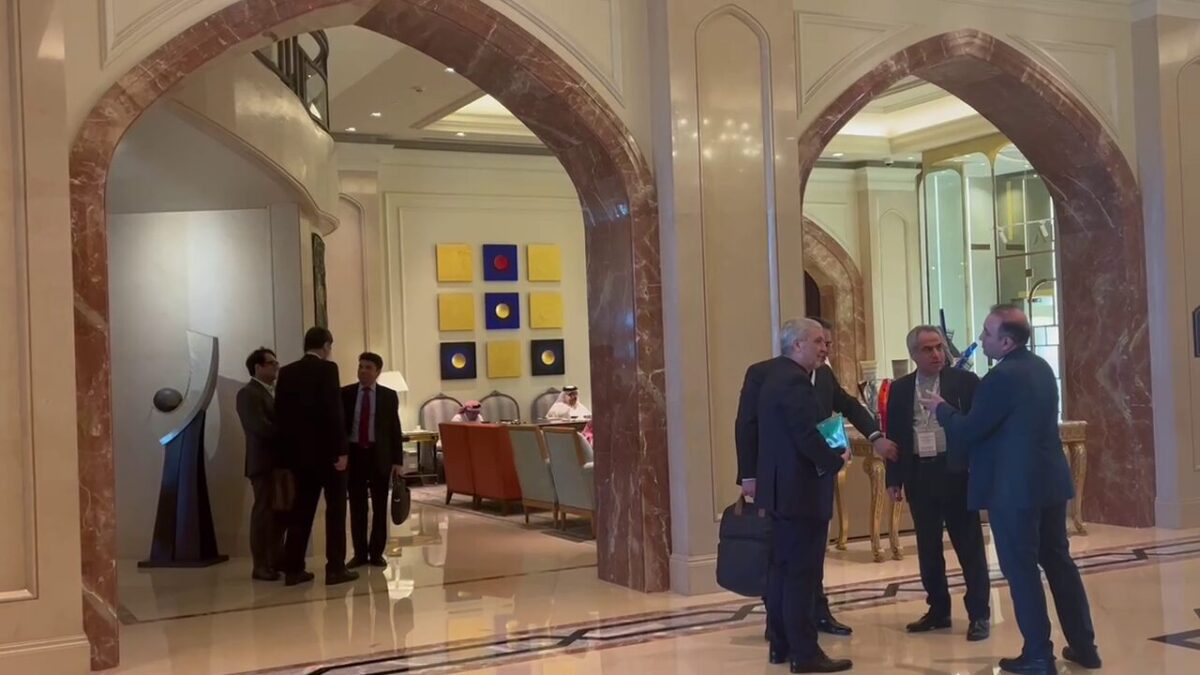The United Nations is hosting a pivotal meeting in Doha, focusing on new strategies to address Afghanistan’s situation. This two-day conference, taking place at the Four Seasons Hotel Doha, commenced on Sunday and continues through Monday, chaired by UN Secretary-General Antonio Guterres and attended by special envoys for Afghanistan.
Key discussions at the meeting include the appointment of a UN special envoy for Afghanistan and exploring ways to unify regional countries and the West in their approach to Afghanistan. A notable absence was the Taliban delegation, who refused to attend a planned 17:30 (Doha time) meeting with the special envoys.
Afghanistan’s civil society is represented by Lotfullah Najafizada, Shah Gul Rezaie, Mahbouba Seraj, and Meetra Mehran, who are scheduled to meet with the special envoys on Monday afternoon.
Consequences of Taliban’s Refusal to Attend
Despite being invited, the Taliban declined to participate in the Doha meeting, demanding to be recognized as Afghanistan’s sole representative. The UN rejected these conditions. Naseer Ahmad Faiq, Chargé d’Affaires of the Afghanistan Permanent Mission to the UN, emphasized that the Taliban’s absence would not affect the meeting’s core agenda. “The participation or non-participation of the Taliban will not have any impact on the genuine agenda of the meeting,” Faiq said.
Mohammad Omar Daudzai, former Minister of Interior, criticized the Taliban’s approach, noting its potential negative impact on international engagement and humanitarian assistance. “By not participating it [Taliban] damages its level of engagement,” Daudzai commented.
Ali Ahmad Jalali, a former Interior Minister and current university lecturer in the US, warned that the Taliban’s decision could deepen their international isolation and reduce confidence in them as a political entity.
Possible Outcomes of the Doha Meeting
Experts anticipate the Doha meeting will encourage continued humanitarian assistance to Afghanistan. However, the Taliban’s opposition to appointing a special envoy could slow down political progress. Kate Bateman, a senior expert on Afghanistan at the U.S. Institute for Peace (USIP), suggests potential compromises, such as allowing an envoy to travel to Afghanistan or changing the title to “coordinator.”
The meeting’s success in improving human rights or forming an inclusive Afghan government structure remains uncertain. Richard Bennett, the UN special rapporteur for Afghanistan’s human rights, expressed hope for meaningful and inclusive discussions, particularly on human rights and women’s rights.
Background and Developments
In April 2023, UN Secretary-General appointed Feridun Sinirlioğlu as a special coordinator for an independent assessment of Afghanistan post-Taliban takeover. Sinirlioğlu recommended reintegrating Afghanistan into the international community, including engagement with the Taliban, and reaching a consensus for an inclusive government.
Following this assessment, the UN Security Council adopted a resolution in December, with 13 favor votes and two abstentions from Russia and China, emphasizing the need for a UN special envoy for Afghanistan.
The Taliban’s opposition to the appointment of a special envoy and calls for an inclusive political structure continues, marking a significant challenge in the international efforts to address the crisis in Afghanistan.





